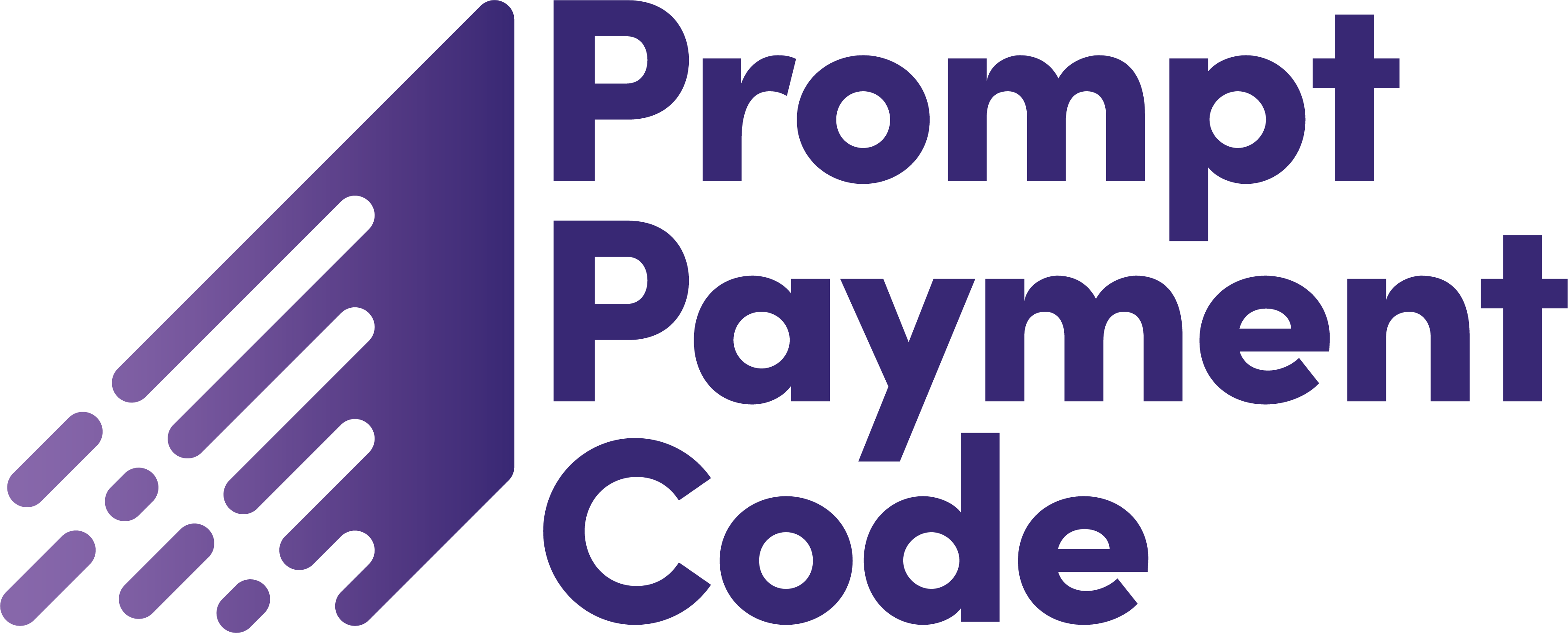
The Small Business Commissioner (SBC) was set up in 2017 to address the issue of late payments, which is a huge problem for small businesses. But the roots of the Prompt Payment Code (PPC), which the SBC administers to support faster payment of small business customers, stretch back as far as 2008.
That year, the Chartered Institute of Credit Management (CICM) was approached for advice on establishing a voluntary code of practice to encourage quicker payment of smaller stakeholders, which are more vulnerable to cash flow disruption.
- In 2015, the PPC was amended to require signatories to commit to paying all their customers within 60 days.
- In spring 2020, responsibility for administration of the code moved from CICM to the SBC.
- In early 2021, the UK government strengthened the code to ensure the payment of small businesses within 30 days, among other measures.
Committing to compliance
Decisions to suspend signatories for non-compliance with the code's requirements have also attracted media interest. The risk of reputational damage is significant, and signatories that struggle to meet their commitments are usually happy to take steps towards improvement through a managed action plan developed with the SBC.
Ensuring ongoing compliance, which can sometimes be challenging, formed part of the government's work to strengthen the code earlier this year. A new compliance board, managed by the SBC, was appointed shortly after the announcement was made.
With a governance structure designed to enable signatories to account for non-compliance and commit to medium-term improvement, this board now makes the final decision on whether signatories should be suspended from the code or removed altogether.
A further change, to require a formal statement of PPC compliance from signatories, has helped to renew their commitment to the code's principles. Businesses are kept informed of any action that the compliance board intends to take, based on a mutual understanding of the specific issues. For the sake of small businesses and small suppliers, we will try to support signatories, as far as we can, to remain part of the code. The SBC tries to remain engaged with signatories and provides support through mentoring and action plans.

Reputation and relationships
All these potential consequences are designed to achieve one of the code's key aims: that is, to change attitudes towards poor payment practices. Signing up to the code and voluntarily agreeing to be bound by its rules will have still more of an adverse impact on a business's reputation if it fails to comply.
Investors are increasingly concerned about payment practices, and want to ensure collaborative, mutually beneficial relationships between customers and suppliers. There is growing advocacy for payment practices to be seen as the responsibility of boards, and included in wider corporate environmental, social and governance (ESG) measures.
It's important to stress that code membership isn't only for the largest enterprises. Signatories are drawn from a wide spectrum of businesses, but all those that have signed up have committed to fostering a better payment culture. Poor payment practice is rightly highlighted and, in time, could be driven out of many business relationships.
The responsibility for better payment practice lies with businesses of all sizes, not merely the largest or those with the most financial heft. Signing up to the code is completely free, and the rigorous process of reviewing business financial processes helps to demonstrate commitment to ethical business relationships.
Becoming a signatory
If your business is interested in signing up to the PPC or if you have questions about the process and ongoing scrutiny and record-keeping, please visit the code website. The SBC team also be contacted by email.
Ian Dexter is a communications manager at the SBC
